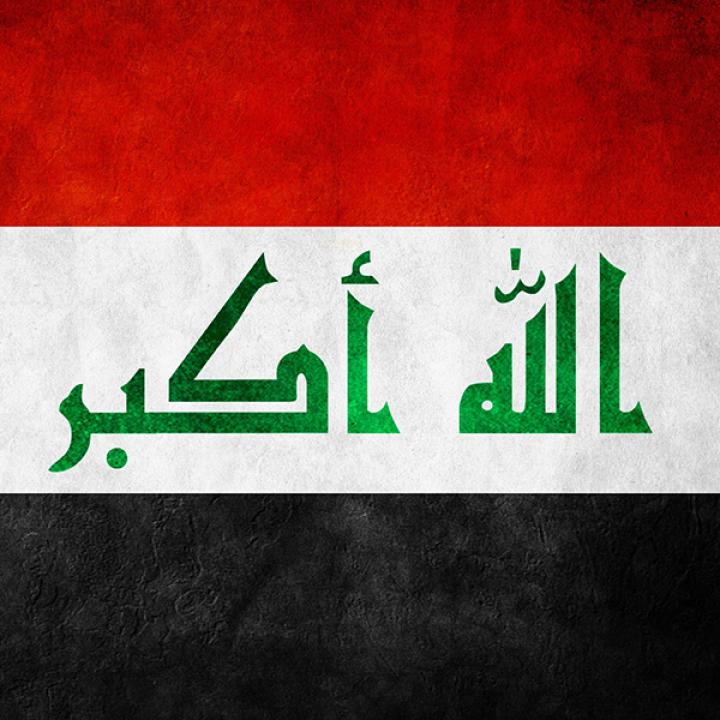
- Policy Analysis
- Fikra Forum
Iraqi Public Opinion Shows a New Bridge of Hope and an Old Valley of Concerns

Since I started researching and polling public opinion in Iraq in 2003, I cannot remember more interesting findings than the ones from the recent nationwide survey conducted a few weeks ago. In general - and as a rule since 2003 - hundreds of previous quantitative and qualitative studies have shown that sectarian divisions are the key determinants Iraqi public opinion. Kurds are generally happy, Shiites are generally content, and Sunnis are unhappy. Sunnis were always against the post-Sadaam regime and institutions and formed the backbone of the military resistance to the coalition forces that invaded Iraq in 2003.
Sunni public opinion from 2003 until the first half of 2014 has shown great negativity with high levels of dissatisfaction and unhappiness, not only with the political regime but with their security and everyday life. This dissatisfaction and unhappiness lay behind the emergence of the Islamic State (IS) in Iraqi Sunni areas in June 2014. There was a fair degree of acceptance of the Islamic State in occupied Sunni areas for nearly the first full year occupation. The fall of 2015 witnessed a new negative trend toward IS in Sunni public opinion in these areas due to the group’s inability to manage and meet the high expectations of Sunnis living there, in addition to its brutal and inhumane behavior.
New quantitative and qualitative research, especially in the newly freed areas in Anbar, Salahddin and Mosul, show more positive public opinion and opens a new window of hope, which should be grasped and not wasted. It is one of the rare moments when Sunnis are more optimistic, more confident in the prime minister, and more trusting in Iraqi forces than other Iraq groups. The numbers show that more than half of Sunnis, especially those who were living under IS, believe that Iraq is going in the right direction. At the same time, only 36 percent of Shiites and 5 percent of Kurds believe the same. Kurds said that they were most likely to vote in the April elections, compared to the other two major segments of Iraqi society. But Sunnis, in general, and especially those who experienced IS occupation, are less likely to say that they will never vote compared to Shiites and Kurds.
The same poll suggests that Abadi will determine Iraq’s fate in the post-IS phase if he knows how to invest this wave of trust in his leadership. More than 70 percent of Sunnis and 60 percent of Shiites have favorable attitudes toward Abadi. Moreover, 50 percent of Sunnis in general and 53 percent of those who lived under IS control support a second term for Abadi in comparison with 35 percent of Shiites. The trust in Abadi made two-thirds of Mosul residents prefer any new governor appointed by him, even if he is Shiite, over their current Mosul governor.
This great trust in Abadi and his leadership made the vast majority of Mosul residents refuse any kind of highly decentralized federal arrangement for the future administration of their city. They prefer to remain part of federal Iraq and refuse any call for other kinds of suggested arrangements, such as a semi-autonomous region. In the same vein, more than 80 percent of Sunnis, especially those who experienced life under the Islamic State, want the Iraqi army and police to be the main security forces in their areas, rather than local tribal forces. On a related topic, Sunnis acknowledge and appreciate the role of the Popular Mobilization Units (PMU) in freeing their areas from the Islamic State, and they do not see any role for these forces after IS has been defeated.
Public opinion in areas previously under IS control expressed some serious concerns which should be addressed. Based on my experience, I can attest that if these concerns are not taken seriously then the Islamic State – or a similar terrorist organization – may reappear in these areas to take advantage of the situation. While two-thirds of those who lived under the Islamic State still believe that they or a similar organization will reappear in their cities, 70 percent of them have concerns that the same governmental policies will return to the way they were before IS capture of Mosul. Despite high favorability towards the prime minister and his security forces, almost half of the people who lived under the Islamic State have concerns that the central government will not treat them in the same way it treats Shiites.



